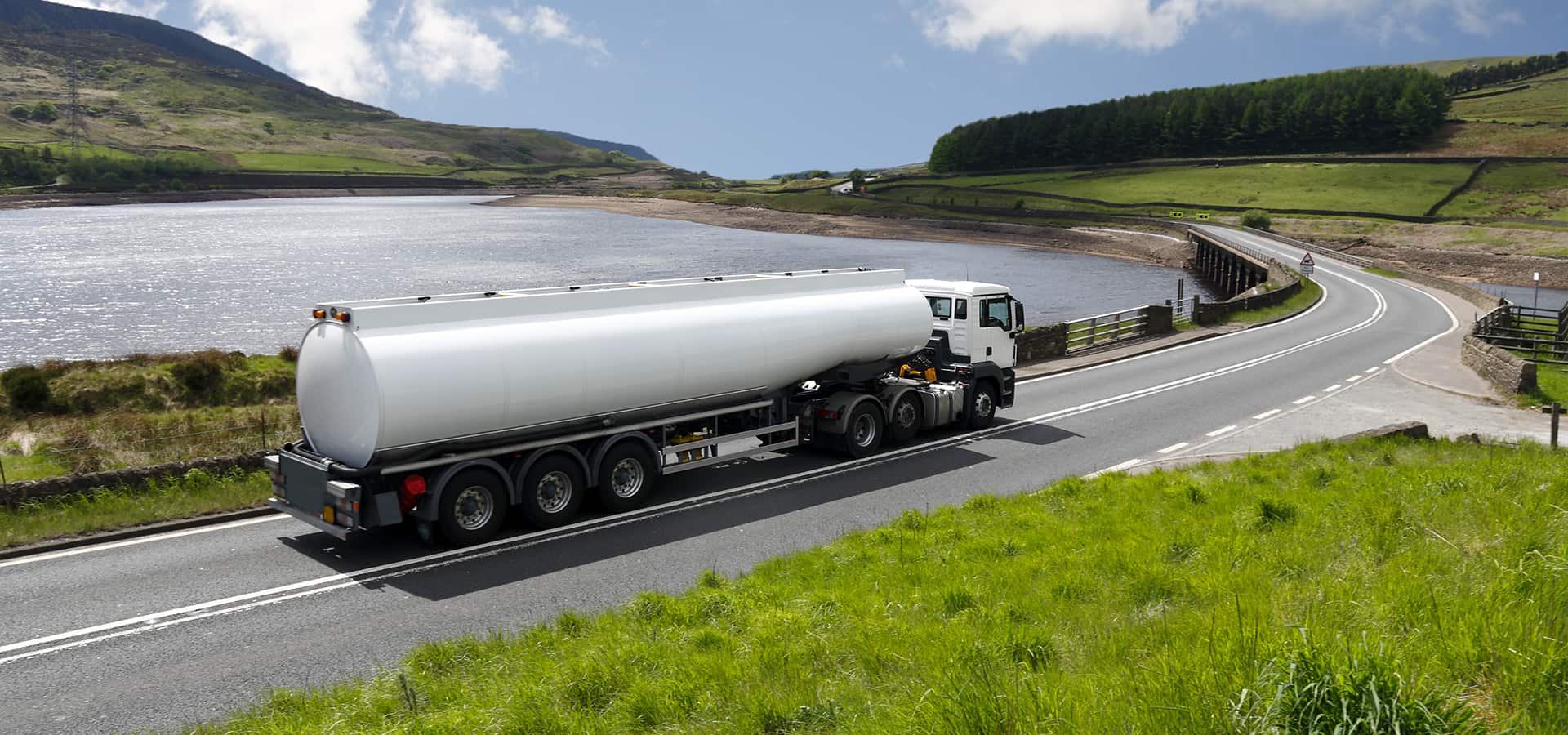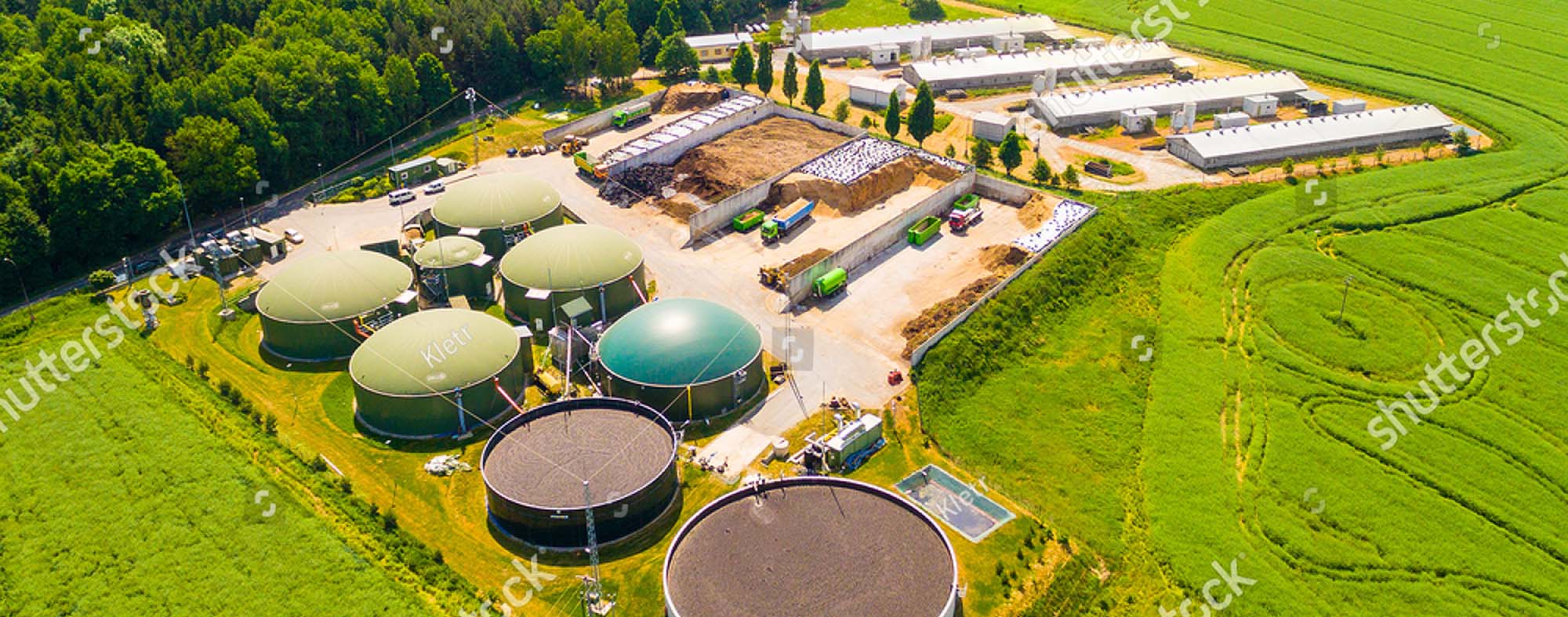Drivmedel, smörjmedel och eldningsolja
Med rätt nivåövervakning får du full kontroll över dina anläggningar, oavsett om det handlar om olja, drivmedel eller smörjmedel.
Fuels
For fuel, it is important to continuously know how much there is in the tank, and to know that your contents are safely stored and handled. We all know that unplanned, out-of-schedule fuel replenishing can be costly. Especially when it comes to customer satisfaction. If you install level monitoring at your customer’s end, it will be easier for you to plan so that no one is unnecessarily out of fuel. And you will have an upper hand on your competition.
Our fuel level monitoring complies with restrictions and requirements. The systems ensure that you comply with existing technical regulations, including MSB’s (Swedish Civil Contingencies Agency) regulations on cisterns with flammable liquids. As operations manager, you can use our monitoring systems to both know any need for replenishing and if problems arise. Regardless of the type of fuel, MCD’s level monitoring ensures that you have full control in a cost- and time-efficient way. The right amount, in the right place, at the right time.


Lubricants
Although lubricants are often found in smaller cisterns and containers, your need for full control of your levels is just as big here. Especially if you more seldom use up all your content. With proper level monitoring you gain full control and can have a safer refilling schedule. Which also allows you to avoid unnecessary and business-critical downtime. As a supplier, you become more trusted, one that your customers always can rely on. This gives you a competitive advantage, as it is extremely important to know which suppliers deliver when needed. You can also plan your delivery routes easier and more cost-effectively because you see where and when new lubricant is needed.
Do you want us to contact you?
![[mcd.se][426]sture-personalbild-2-770x866](https://mcd.se/wp-content/uploads/2021/05/mcd.se426sture-personalbild-2-770x866-1.png)
